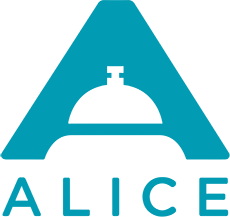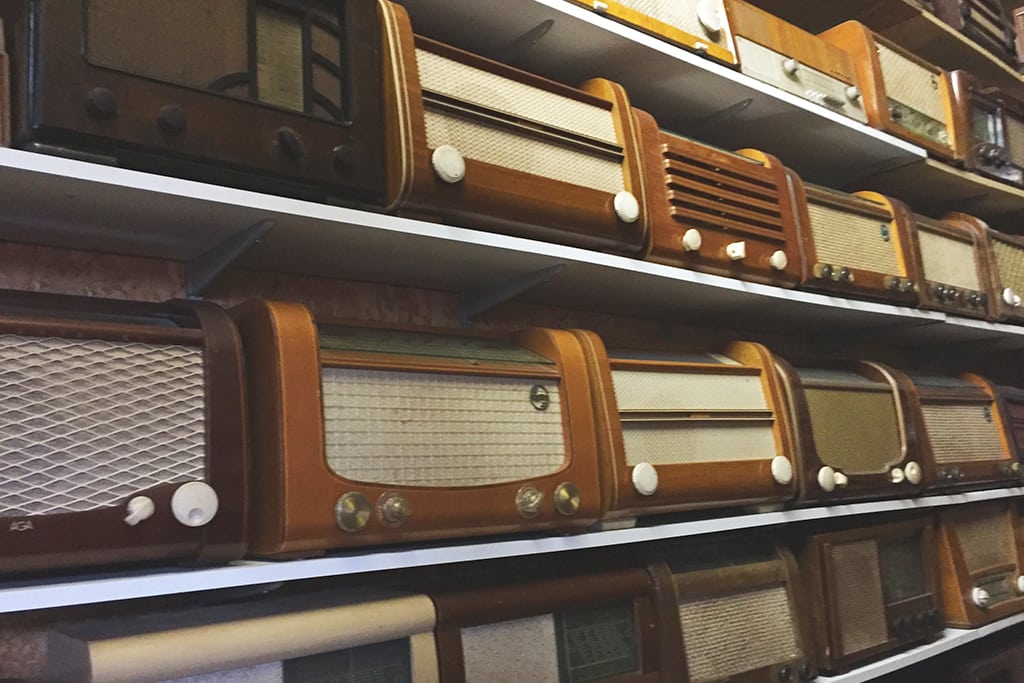Skift Take
It may seem hard to believe, but analog technologies like walkie-talkies, pagers, and even pen and paper are still the norm for many hotel employee communications.
This sponsored content was created in collaboration with a Skift partner.
Checking into a hotel in 2016 means facing the full gamut of technology implementation. Robots man the front desks at Japan’s Henn-na Hotel, for instance. At The Hub by Premier Inn in London, guests can use the hotel app to change channels on their TVs and adjust the lighting and air conditioning.
While such choices are emerging for guests, for hotel employees, analog technologies like walkie-talkies, pagers and even pen and paper are still the norm for internal communications. Some 25% of U.S. hoteliers still use pen and paper to manage their properties, according to a 2015 survey from Software Advice. Some 16% of respondents said they had no system at all.
Such businesses are missing a big opportunity. Today’s travelers – especially the younger ones – now expect seamless mobile integration from every business they interact with. Mobile can also help boost efficiency back of house, and therefore guest satisfaction by increasing accountability and efficiency. . Finally, using digital tools for staff communications provides hotels with valuable data that they can use to improve their operations. This is an especially salient point for hoteliers. A recent report from the CBRE noted that there was a 4.7% increase in expenses for hoteliers in 2015 even though inflation grew just 0.1%.
Radio Static
Thanks to apps like Uber, Google Maps and Fly Delta, consumers expect businesses to have a mobile interface. That’s why entering a hotel in which walkie-talkies are still employed can be a jarring experience. “So noisy and disappointing,” one reviewer wrote about one Westin property. “Housekeeping uses walkie talkies to communicate on full volume so you hear ‘I forgot coffee cups in room 1425’ at 8 am and the kids wake up.”
Paul Wood, vp of revenue generation for Greenwood Hospitality, echoed that sentiment, telling Hotel News Now, “I can give too many examples of when I walk into a Target and an associate has (his or her) radio blasting,” he said. “They’re too loud. It’s ruining the guest’s experience. They don’t want that in a hotel. This is an easier way for a better guest experience.”
The Mobile Alternative
A mobile-based system can create a quieter environment. If you’re asking an employee to do something, radio is also an ineffective form of communication. With a radio, it’s easy to get the initial message. Then something else comes up and another thing and another and you completely forget to do the job you initially received. With a software solution, the jobs sit there until completion so it’s not possible to forget to do something. If an employee does, then there’s a record and justification for claims of insubordination.
There are other advantages as well. For events, Banquet Event Orders can now be logged in cloud-based services like Dropbox. When inevitable changes occur, the files can be updated.
For guests, there are multiple advantages. Ordering “Room service” doesn’t mean being tethered to your room. You can order a meal wherever you are in the hotel (or outside of it) so that it is waiting for you upon your return. Simple requests don’t require you to find the hotels phone number and disturb what you are doing to communicate. Best of all, guests can check in via their phones before they enter the hotel.
Such options free up staff as well. With less time needed at the front desk, employees can be deployed for other functions. By automating many of their tasks, employees are freed up to give guests something that machines can’t — a warm and human touch. Simple requests don’t require you to find the hotel’s phone number and disturb what you are doing to communicate. Like Uber, Seamless and Netflix have done in other industries, it’s now possible to make transactions fully digital and improve delivery efficiencies. This is true both on the guest side and on the staff side. Alex Shashou, president of ALICE, said that tests at two hotels that use ALICE’s software have seen up to 50% efficiencies in housekeeping and maintenance simply from moving to mobile staff communication via the app.
Finally, there’s data. By employing a digital system, hoteliers can get important information about their operations. Data could show which housekeepers clean rooms the fastest and address some of the pain points for guests. Ultimately, by moving all communication to digital, you can understand not only what your guests are requesting, but how long it takes you to complete. “Knowing your operations if the first step to improving it,” says Shashou.
This future isn’t far off. In fact, it’s not even the future. The technology is here now. Hoteliers are quickly discovering the advantages of mobile automation. The days of walkie talkies and pen and paper appear to be drawing to a close.
This content is created collaboratively in partnership with our sponsor ALICE.
Have a confidential tip for Skift? Get in touch
Tags: automation, hotel

